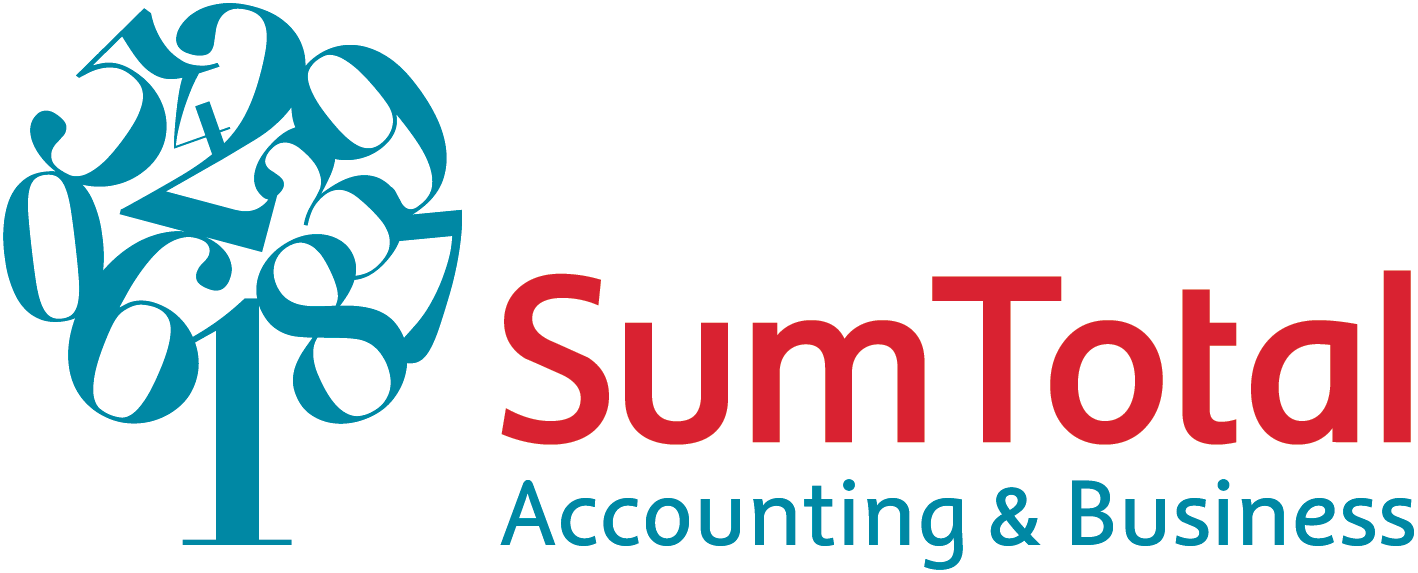Equity is the difference between your property’s current value and any debt you still owe.
It’s easy to think of your home loan as a never-ending series of monthly repayments. Still, with every payment you make, you’re building up equity in your home, and you might just have enough to start putting it to use.
The good news is that it can be accessed without selling your home (if that’s what you want to do). It can be used for other financial purposes, such as investing, renovating or moving house.
Use Your Equity As A Deposit On An Investment Property
This is one of the better-known uses of equity. If you’re looking to purchase an investment property, you can avoid the deposit-saving process (or selling your home) by using the equity in your existing place.
Your lender will request a valuation to assess your property’s fair market price. This valuation will then be used to determine what your usable equity is.
Banks or lenders will also consider your income, the number of children you have, your general living expenses, debts and other factors. They will typically release up to 80% of your available equity, subject to serviceability.
Use Your Equity To Renovate Your Current Home
Some people may want to add value to their property, or some may need to renovate because of a change in life circumstances. Equity can be used to make improvements or to change the property to suit your current life stage.
Use Your Equity For Other Investments
Diversifying into a different asset class could be worth exploring if you want to put your equity to work.
When using your home equity for investing, don’t just consider property. You could invest it in the share market, buy bonds, or think about a range of managed funds.
With all these things in mind, using your home equity to aid your wealth creation strategy can be a smart and rewarding move, pending consultation with an expert.
As always, it’s important to speak with your trusted adviser before making any decisions, as they can consider your risk profile, goals and objectives.



